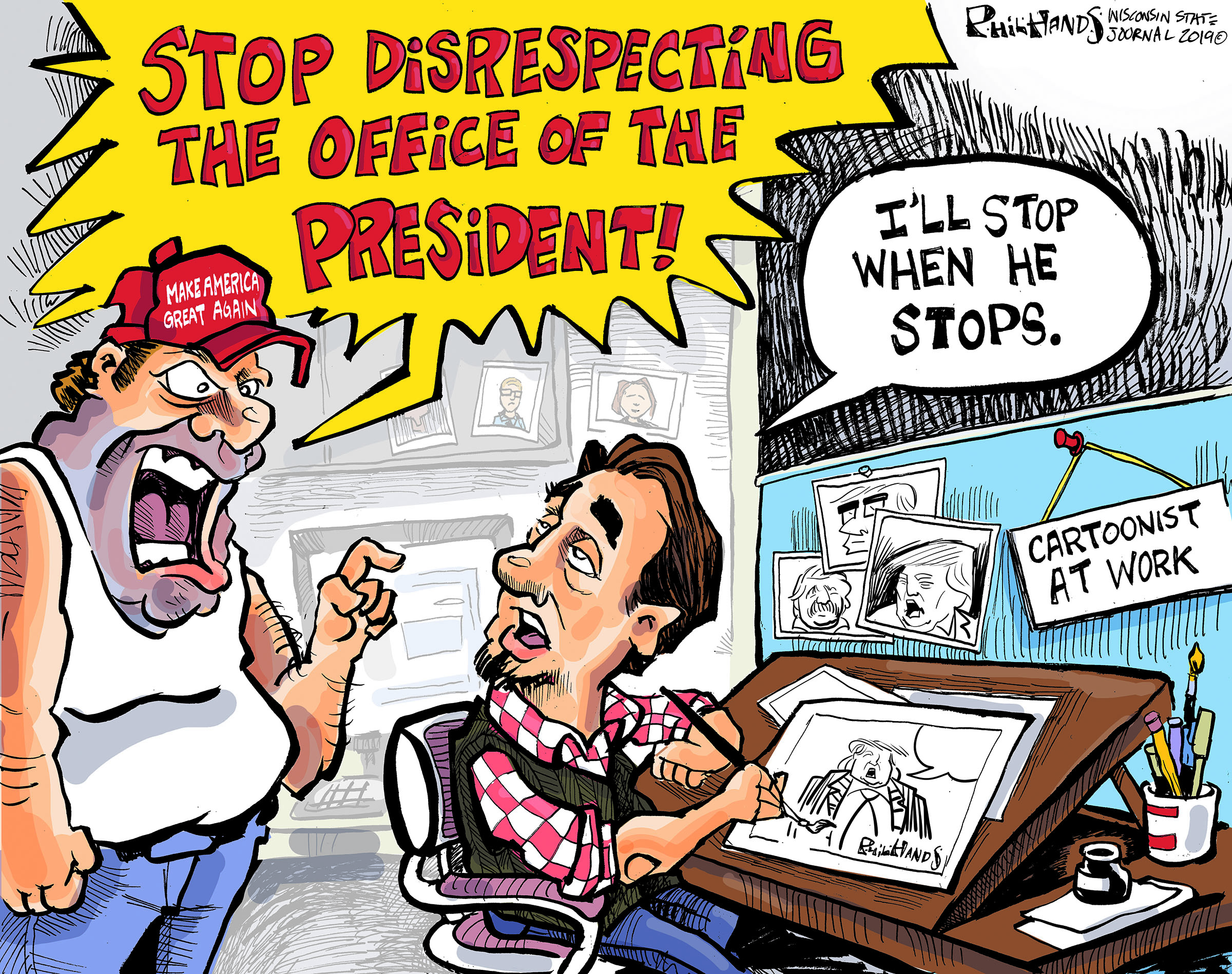News Analysis: Health care podcast helps listeners navigate complex medical system
With discourse around health care becoming increasingly polarized, Dan Weissmann’s podcast, An Arm and a Leg, offers an insight and understanding into the complex system. But more than that, it serves as a guide for how to create narrative news podcasts.
Weissmann is both a traditional print reporter as well as a radio reporter. He has produced audio stories for the BBC and NPR’s national Marketplace program, where he worked from September 2013 to July 2017. By understanding multiple mediums of journalism Weissmann has been able to craft a narrative podcast that is both entertaining and informative.

“There will be people for whom the topic of show sounds like a turnoff,” said Weissman, a former reporter for WBEZ in Chicago. “I have the job of fighting the perception by making a show that is more entertaining and maybe empowering and occasionally useful then it is enraging and terrifying.”
For Weissmann, starting a podcast about health care was necessary to help consumers navigate the usual stories that pop up in their news feeds. He puts traditional health care coverage into three categories: horror stories about people paying exorbitant amounts of money for treatment, political news articles about divided views on health care and “graduate level conversation” that isn’t decipherable to everyday folks.
“There was room for a conversation about health care that’s ongoing and about the way its play out in people’s everyday lives,” Weissmann said.
The first season of An Arm and Leg covered complex healthcare topics such as why doctor visits as so expensive or the steps needed to choose the right health provider. Season two, while still providing practical information about healthcare, also dives deeply into people’s personal horror stories with health care industry. In episode one of season two a family recalls struggle of having to shop for insurance while undergoing a pregnancy.
In the newest episode of An Arm and a Leg Weissman tracks the history of Insulin.
Launching a podcast is not just about recording and editing audio; it also involves marketing, reaching new listeners and captivating them to become repeat listeners.
“The bigger problem that everyone has is knowing that the show exists,” he said.
To kickstart the podcast Weissmann collaborated with the podcast 99% Invisible. Weissmann also uploaded the first three episodes on the same day of the collaboration so the listeners of 99% Invisible could listen to more of An Arm and a Leg after navigating to his show.
To market his show Weissmann also pitched his show to the mobile app, NPR One. NPR One is an aggregator for all things audio and streams anything from live radio broadcasts to podcasts. An Arm and a Leg is now in the stream rotation for thousands of listeners.

With the advent of audio streaming apps from Apple and Google, podcasts have become increasingly popular within the last decade. Mattew Cunningham, a communication professor at Columbia College Chicago and faculty advisor for the student run radio station, said having a platform to upload podcasts lowered the barrier to entry for anybody interested in podcasting.
According to Cunningham, podcasts serve a different role in news delivery then traditional web or print news. Podcasts “take advantage of the ability to delve deeper and expose the audience to the thought processes, rather then having a polished produced report,” he said. “Outlets realize that they can produce longer form, focused on specific topics or issues that may not be interesting to a larger population, as done in broadcast, but a specific subgroup.”
By collaborating with 99% Invisible and NPR One, Weissman said he has a listener base now of more than 100,000.
Production of the podcast involves Weissmann and his team of editors, producers, sound mixers and graphic designers; all of whom require financial backing. Funding for the show comes through multiple fronts. The main sources are Patron, a webservice in which supporters can directly fund creative projects, and their partnerships with Public Narrative and Kaiser Health News.
Kaiser Health News is a nonprofit newsroom that covers the health industry in the United States. Although Kaiser Health News and the Insurance company Kaiser Permanente are both part of the Kaiser Family Foundation, Kaiser Permanente does not influence Weissman’s show. Instead Kaiser Health News provides financial and editorial support for the second season of An Arm and a Leg. “It would erode trust if people thought I was taking money from people who are in the health care business,” Weissman noted.
Elisabeth Rosenthal, editor and chief of Kaiser Health News, said Kaiser was already familiar with Weissman’s work. He had produced several short form podcasts for NPR’s Bill of the Month, a series produced with Kaiser that investigates medical bills.
“We loved it,” Rosenthal said of An Arm and a Leg, “I thought that this is the podcast we would like to create. It dovetails perfectly with the mission, spirit and vibe of Bill of the Month.”
Abel Rodriguez is a recent graduate of Dominican University in suburban Chicago. His Twitter is @abehist_.


